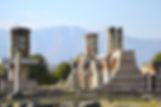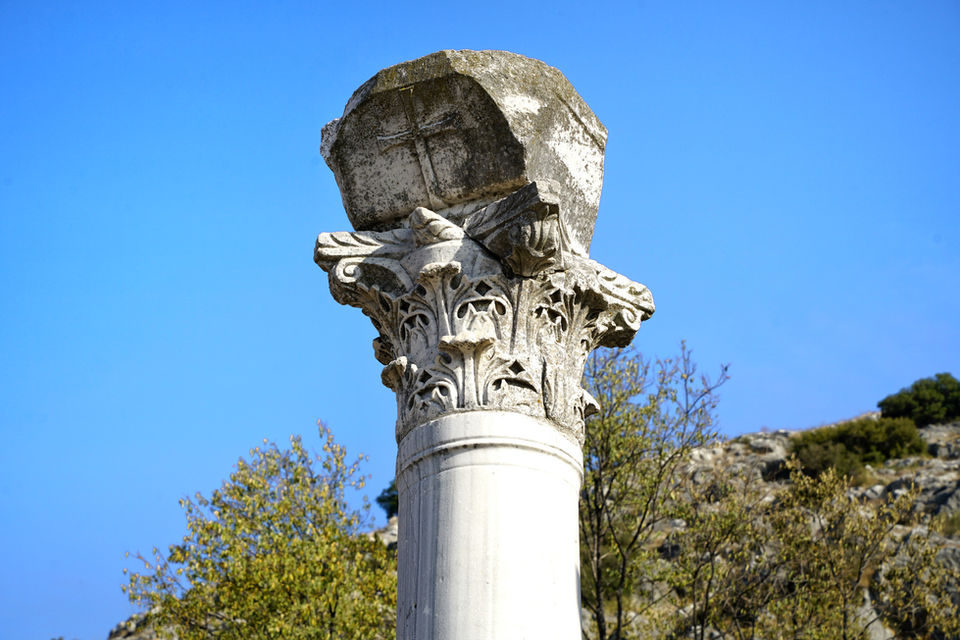

10TH STOP OF PAUL'S SECOND JOURNEY
Macedonia Region of Northern Greece
CLICK FOR AN INTERACTIVE MAP
THE TENSION BUILDS...
One of the most well-known stories in the New Testament began with a slave girl. She was a valuable asset to her owners, bringing them profit through fortune-telling, possessed by what Paul recognized as a spirit of divination. Day after day, as Paul and his companions walked through Philippi's streets, she followed them, crying out: "These men are servants of the Most High God, who are telling you the way to be saved!" Her words rang with an unsettling truth, but they came from a source that grieved Paul deeply. Here was a young woman, doubly enslaved – both to human masters and to a spiritual power that held her captive.
When Paul finally turned and commanded the spirit to leave her, he ignited a powder keg of economic, social, and spiritual conflict. The girl's healing struck directly at the intersection of Roman commerce and pagan spirituality. Her owners, seeing their profit source vanish, dragged Paul and Silas before the magistrates in the forum. Their accusation was cleverly crafted: "These men are Jews, and are throwing our city into an uproar by advocating customs unlawful for us Romans to accept or practice."

A PRISON BREAK AND A FAMILY BORN
The charge was a masterpiece of manipulation, playing on anti-Jewish prejudice and Roman pride. In a colony proud of its Roman identity, where citizenship was considered the highest privilege, the accusation struck a nerve. The crowd joined in the attack, and the magistrates responded with swift brutality. Paul and Silas were stripped, beaten with rods, and thrown into the inner prison, their feet fastened in stocks.

A preserved Roman prison found in the Philippi archaeological site, a likely candidate where Paul and Silas were imprisoned.
HOW TO VISIT PHILIPPI TODAY?




















































